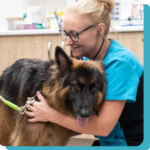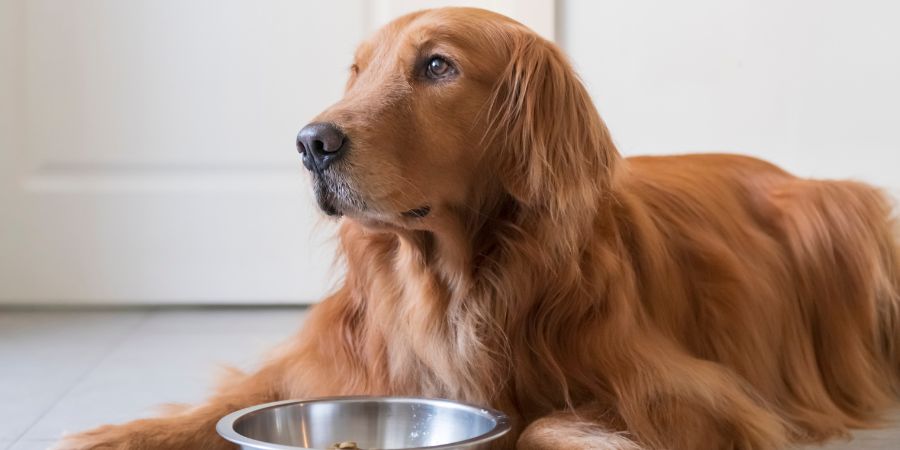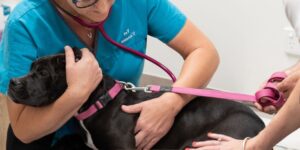Just like humans, dogs can occasionally experience an upset stomach or irregular bowel movements. But since our furry friends can’t tell us when they’re feeling off, it’s important to watch for signs of discomfort. Vomiting and diarrhea are common signs your dog has an upset stomach, but there are others.
Here are some key things to look out for if you think your dog might have an upset tummy and when it’s time to seek veterinary care.
Canine Upset Stomach Signs
1. Loss of Appetite
If your dog is suddenly not interested in food, this could indicate an upset stomach. A skipped meal is sometimes okay, but if it lasts more than 24 hours, it’s time to take action. Tip: Monitor your dog’s eating habits. If they continue refusing food, contact your vet.
2. Vomiting or Diarrhoea
Frequent vomiting or diarrhoea is a clear sign of digestive distress. Occasional vomiting or loose stools might not be serious, but repeated episodes can lead to dehydration.
Tip: If vomiting or diarrhoea persists for more than 24 hours or is accompanied by blood, contact your vet immediately.
3. Lethargy or Discomfort
Dogs may become less active, sluggish, or show signs of discomfort, such as pacing or whining. Tip: Give your dog time to rest and offer plenty of water. If lethargy persists, it’s time to call your vet.
4. Excessive Drooling or Lip Licking
Excessive drooling, lip licking, or gulping could be signs of nausea. Dogs often do this to try to soothe their stomachs. Tip: Offer bland food, like boiled chicken and rice, in small amounts. If the symptoms don’t improve, consult your vet.
5. Flatulence or Abdominal Noises
Gas or loud gurgling noises from the stomach can also indicate digestive issues. While occasional flatulence is normal, excessive gas can point to an upset stomach.
Tip: Avoid giving your dog rich or fatty foods that could worsen their symptoms. If gas continues, seek advice from your vet.
When to Intervene
Trust your gut and err on the side of caution.
Ultimately, no one knows your pet like you do. If something doesn’t seem right, we are always here to support you, your pets and ensure they receive the care they need.
Consult Your Happy Paws Vet
 No concern is too small, so always trust your instincts.
No concern is too small, so always trust your instincts.
If you’re unsure, contact the team at Happy Paws – we’re here to help!







